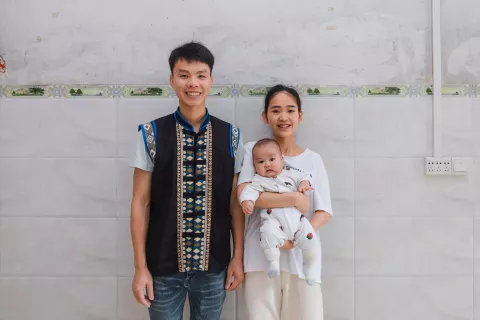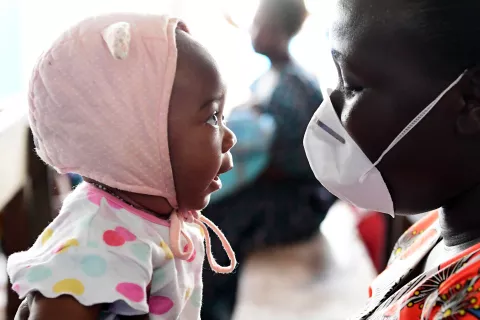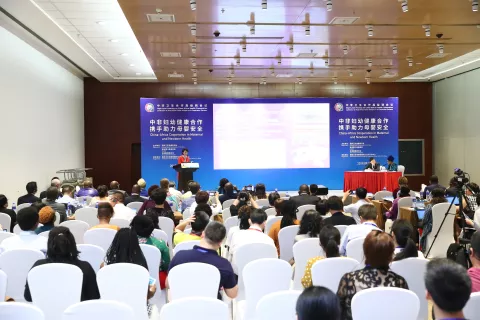Report
BASIC MEDICAL INSURANCE FOR CHILDREN IN CHINA
SOCIAL POLICY BRIEF SERIES
- Available in:
- 中文
- English
Highlights
- China has achieved near-universal social health insurance coverage through the basic medical insurance system, covering more than 96 per cent of the population. However, children still face challenges in fully enjoying the benefits of the system, especially children living in rural areas, migrant children, and children in low-income households.
- The design and implementation of the basic medical insurance system should be further reformed so that every child can be supported by adequate, equitable and improved health insurance:
- Enrolment policies of the Urban and Rural Residents Basic Medical Insurance should be reformed to support migrant children to enrol in their current place of residence, and a one-stop service model should be established for newborns to streamline key services, including basic medical insurance registration.
- The medical insurance scheme can be improved to better support low-income families with children, such as adjusting premiums based on household income, expanding the benefits package, improving reimbursement rates, and lowering deductibles for children.
- The supply of medical services for children can be strengthened by establishing a list of essential medicines for children, improving the supply of pediatric services and medicines covered by basic medical insurance based on children’s needs, and improving the quality of these services.
- A family-based health insurance scheme can be explored, and the two basic insurance schemes could be integrated to increase the coverage and benefits for non-working dependents including children.
Publication date
Languages
Chinese,
English




